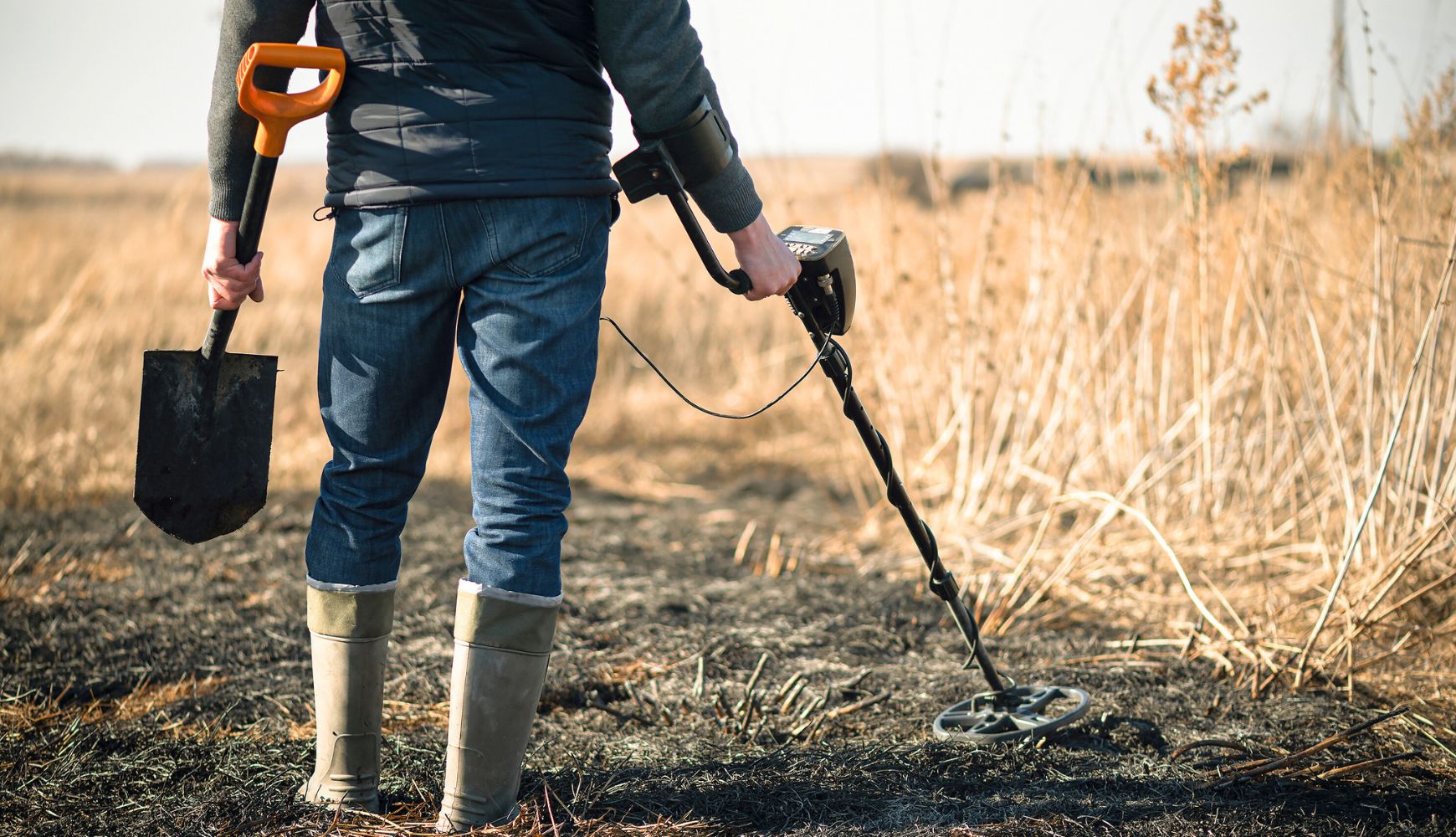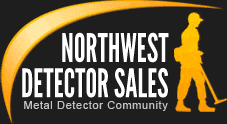
Essential Equipment Needed To Get Started Metal Detecting
Metal detecting is a highly rewarding hobby—it’s a fun excuse to get out into nature, and the treasure-hunting aspect keeps your mind thoroughly engaged. If you’re a beginner detectorist, take some time to build your metal detecting toolkit with the essential equipment you’ll need to get started. From a high-quality metal detector to a set of digging implements, you’ll need a few specialized tools to make your metal detecting hobby more satisfying.
Let this equipment guide act as a shopping list! If you find that you’re missing some of the items in this guide, visit Northwest Detector Sales for the tools you still need.
Quality Metal Detector
The first thing you’ll need to get started with metal detecting is, of course, a high-quality metal detector that will reliably pick up signals from buried metal objects. There’s a wide variety of detectors on the market, from beginner-friendly to ultra-high-tech. Which detector will serve your needs most efficiently?
The answer depends on what those needs are. Consider the following as you shop for a reliable metal detector:
- What sort of terrain will you be exploring as you detect?
- Are you more interested in picking up gold than other metal objects?
- Will you be sharing your metal detector with other people, like kids or young adults?
- Do you plan to use the detector in aquatic or semi-aquatic environments?
- What is your ideal budget for your first metal detector?
Knowing the answers to these questions will help you during the shopping process. Look for a detector with the settings and qualities you need, whether that means a waterproof detector or a lightweight model with an adjustable pole.
Headphones
When your metal detector picks up a signal from a buried metal object, it will alert you by making beeping noises. A good pair of headphones will serve you well on your detecting outings; it’ll make those noises easier for you to hear without disturbing any people nearby.
Wearing headphones as you detect will also help keep you on task as they block out extraneous noise. You’ll be able to concentrate more easily on listening for your detector’s signals without getting distracted.
Good To Know:
Many types of metal detectors don’t come with a volume control option for headphones—just the headphone jack. Look for a set of headphones with buttons that allow you to control the volume of your detector’s signals.
Spare Detector Batteries
What type of battery does your metal detector use? Buy one or two spares and keep them fully charged. If you plan to go on day-long detecting outings, there’s a chance your battery will run low after a few hours. Keep your momentum strong by having backup batteries on hand.
Rechargeable metal detector batteries will cost you a little extra up front, but you’ll save money in the long run as you charge them over and over.
Pinpointer
If you already have a metal detector that beeps when it finds a buried object, why do you need a pinpointer? Doesn’t it sort of do the same thing?
A pinpointer is actually a highly valuable piece of equipment that can minimize your recovery time. While your detector may give you an idea of the general area where the metal object is buried, a pinpointer will give you a more precise location. You’ll save time digging and avoid the hassle of creating multiple holes in search of the hidden object.
Digging Implements
Speaking of digging, you’ll need a few tools to help you dig those metal treasures out of the ground once you’ve located them. There are several options available for digging tools, depending on the type of ground you’re covering.
Collapsible Shovel
Whether you’re digging through dirt or sand, a trusty shovel will serve you well. If you’re just starting out in the metal detecting hobby, you can use a regular garden spade for this purpose. However, as you get the hang of detecting, consider investing in a lightweight, collapsible shovel you can transport more easily.
Many of the portable shovels designed specifically for detectorists feature serrated edges to expedite the digging process. Visit your favorite prospecting store for a shovel you can reliably carry around that will get the job done quickly.
Trowel
If your detector indicates that the metal object it found isn’t deeply buried, you can get away with using a hand trowel to dig it out. Smaller digging tools allow you to be more precise with where you dig your holes. That way, you can dig a small and inconspicuous hole that’s easy to cover up when you’re done.
Sand Scoop
Beaches are prime locations for metal detecting—and for good reason! Beachgoers drop jewelry and coins in the sand all the time. However, sand has a very different texture than dirt and requires specialized digging equipment.
A sand scoop specially designed for detectorists will help you grab a large volume of sand and sift through it quickly in search of metal objects. It’s highly useful for locating even the tiniest metal relics.
Gloves
You may not think of metal detecting as a particularly dangerous hobby, and for the most part, it’s not. However, you will need a bit of protective equipment in the form of a sturdy pair of gloves.
The buried metal treasures your detector picks up may have sharp or jagged edges you might not notice until you scrape your finger. Cuts or punctures from dirty, sharp-edged metal can end your detecting day early and leave you waiting for a tetanus shot in the emergency room. Avoid injuries in the first place by donning a pair of thick yet well-fitting gloves.
Finds Bag
What do you plan to do with the metal treasures you find? During the course of your detecting excursion, you’ll need a safe place to stash all the little relics you dig up. Many detectorists use bags with multiple pockets and sections to allow them to organize their finds by type.
If you’re just starting out, a simple drawstring bag will do the trick just fine. Other options include pocketed fishing vests, aprons, or cargo pants. The most important function of a finds bag, pocket, or pouch is to keep your treasures secure and separated from your other detecting gear.
If you’re just getting started metal detecting, you’ll need several pieces of essential equipment to increase your productivity. Fill your toolkit with the items on this list, prioritizing portability and ease of use above all.
Wondering where to find some of the essential tools discussed in this guide? Northwest Detector Sales is the premier supplier of metal detecting equipment in the Pacific Northwest, and our passion for the hobby guides everything we do. Browse our selection of metal detecting tools and accessories for the best equipment in the business!


